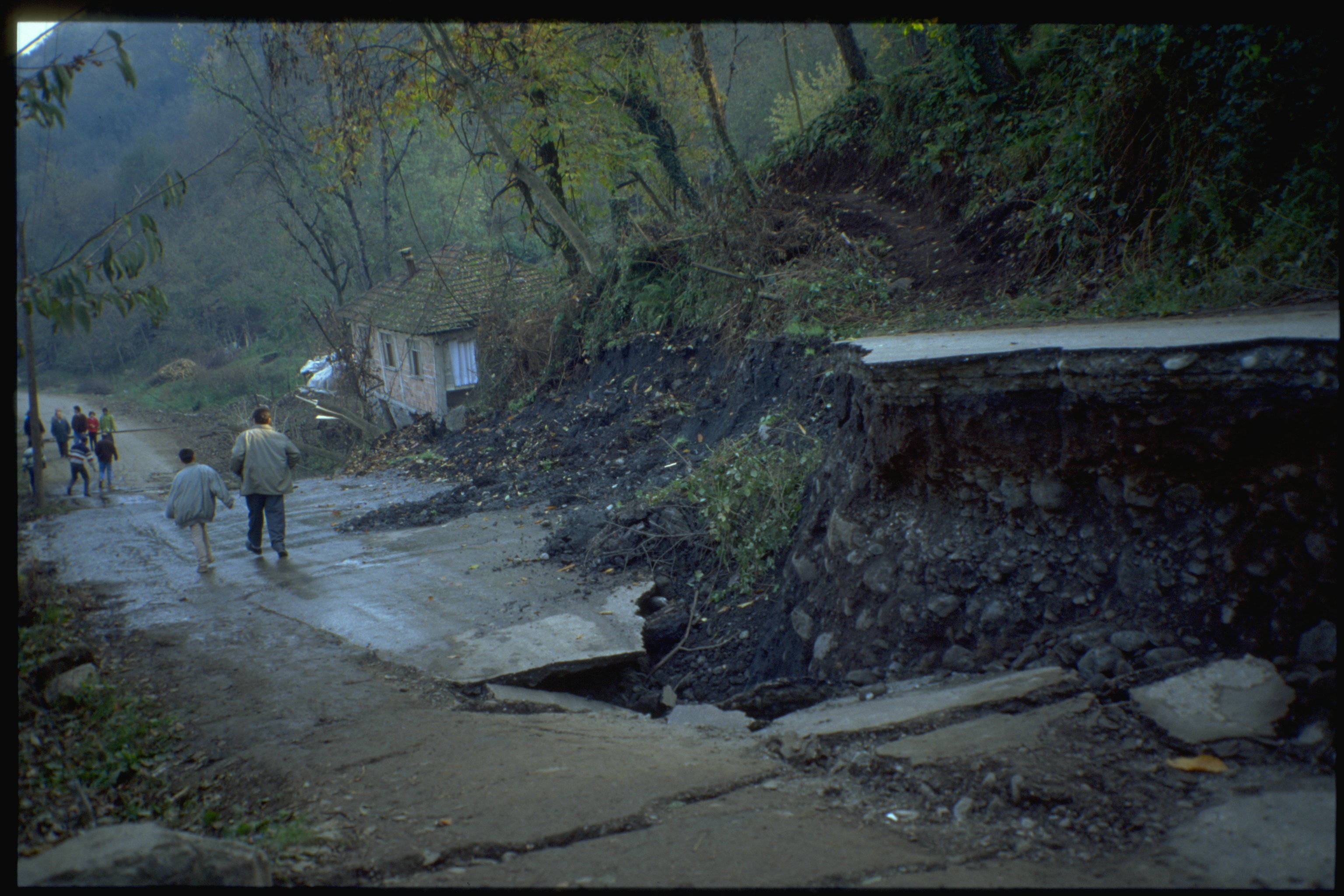All Categories
Featured
Table of Contents
Geophysical Survey in Rivervale Aus 2023
This work is progressively contracted out, so consultancies supply another source of work. Consultancy companies vary in size, from extremely little business to large multinationals. Some consultancies are quite specialised in using specific geophysical techniques or operating in specific places, while others provide a more diverse series of services to their customers.
The extraction of gas from garbage dump websites is another location of work and this might grow in the future. Expedition companies may undertake work for construction companies, public utility, mining business and environmental companies, so geophysicists may be utilized in any of these settings. Other companies consist of: geological surveysgovernment bodies and agenciesuniversities and research study institutes.

Vacancies may be noted in the oil and gas sector press. Recruitment is impacted by oil cost changes and the level of competitors for positions differs depending on this. Careers Days, which cover the full range of geoscience careers and are generally gone to by a variety of key market employers, are run by The Geological Society.
Geophysical Surveys For Petroleum in Tuart Hill WA 2021
Some of the large oil and gas companies offer a full two-year structured training program throughout the breadth of geophysics, consisting of the chance to experience work in different teams before specialising in one location. Your training may include deal with: existing wellsmagnetic and gravitational prospective field information analysisresearchrock analysis. However, it's more usual for your preliminary training to be provided on the job.

There may be a probationary period throughout which you work along with a skilled associate. Competency-based appraisals happen routinely in the majority of firms. In smaller firms, and for academic posts, there is not likely to be any formal training - you'll be anticipated to begin work straightaway and get skills as you go along.
If you work for a smaller company, you might discover that you require to take obligation for organizing and moneying your own development and training. If you have a geology degree, membership of The Geological Society can be helpful for networking and for maintaining to date with the industry.
Bachelor's Degree In Geophysics - Degrees & Programs in South Fremantle Australia 2020
You might likewise find it useful to join the PESGB (The Petroleum Expedition Society of Great Britain, which has a geophysics unique interest group. After a probationary period, and once you've acquired some experience, you might progress to senior geophysicist, then group leader and then into a senior role in management.
The ease of movement between roles depends on the business structure. Study at Masters or Ph, D level in a subject related to geophysics or geosciences may assist with your career development and progression. The work market within the oil and gas industry is extremely based on cost and this may affect your opportunities for profession development.
However, not all jobs are dependent on the oil and gas markets. For experienced geophysicists, freelance consultancy provides an excellent path for career development. You can likewise specialise in a particular area of geophysics. As a geophysicist, you're most likely to have numerous jobs throughout your working life. Worldwide movement is vital for handling peaks and troughs in various countries at various times.
Geophysical Survey Next Step In Carbon Storage Study in Lesmurdie WA 2023
From geophysics, it's possible to concentrate on seismology (finishing additional training to become a seismic interpreter) or to move into associated areas such as engineering geology or hazard forecast.
Choosing what to study in college is a tough choice. Even if you understand that your field of interest lies in science, what program of research study is best for you?
But the initial step to achieving your goal of becoming a geophysicist is earning a degree. Even for entry-level positions in the field of geoscience, you'll require a bachelor's degree (a geophysicist college degree) from a certified college or university. Some research positions need prospects to hold master's degrees or even Ph.
Hydrographic And Geophysical Surveys in Como Oz 2022
Postgraduate degree are specifically essential if you prepare to teach at a four-year institution. Geophysicists apply physics concepts and strategies to study the gravitational, magnetic, and electric fields of the earth. This furthers scientists' knowledge of both the world's interior core and its surface. Geophysicists must have the ability to: examine rocks, photos, and other pieces of data perform research study both in the field and in labs create maps and charts of their findings compose reports To accomplish all this, trainees need a specialized education for geophysicist professions.
As mentioned above, you'll need a bachelor's degree in geoscience or an associated discipline, such as a physical science or a life sciences, to land an entry-level task. But students can also prepare by learning subjects like: Biology Chemistry Computer technology Engineering Mathematics Physics The above geophysicist majors offer a more generalized technique to a single scientific discipline, but most programs need students to take several geology course.
Latest Posts
Geophysical Surveys Definition & Meaning In Stock ... in Murdoch Oz 2023
About Environmental Geophysics in Middle Swan Aus 2022
Geophysicist Job Description in Australia 2021